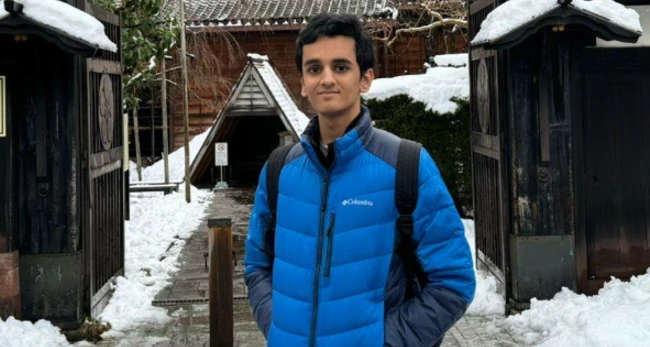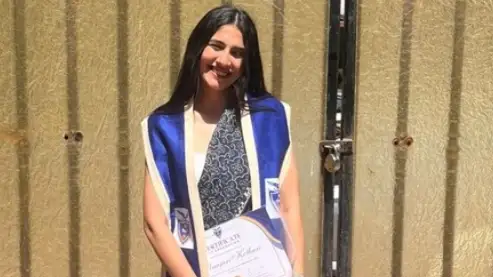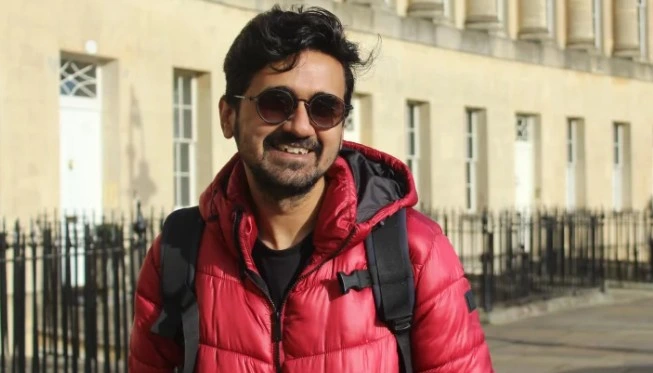- Name: Minal Sukumar
- University: University of York
- Location: United Kingdom
- Course: PhD in Women’s Studies and English Literature
Highlights
- With a PhD, finding the right supervisor is the most important factor.
- There application starts with an informal process of contacting potential supervisors. The formal application requires the supervisor’s name.
- Don’t get disheartened if you don’t get the response you want, or if you don’t get a response at all.
- Without formal classroom learning, a PhD can be an isolating process. Make time to go out, have other interests and to socialise.
When Minal Sukumar began thinking about her PhD, she expected to be back in Ireland, at the University of Galway, where she had done a master’s degree. “I love academics and had always planned to teach and do a PhD,” Minal tells Global Indian. Born and raised in Bengaluru, she completed her first master’s degree at St Joseph’s College of Arts and Sciences, then went to the University of Galway for a second master’s, graduating in 2017. Although she loved to study and was keen on a PhD, she wanted a few years of work experience to ensure she didn’t get too ensconced in an academic bubble.
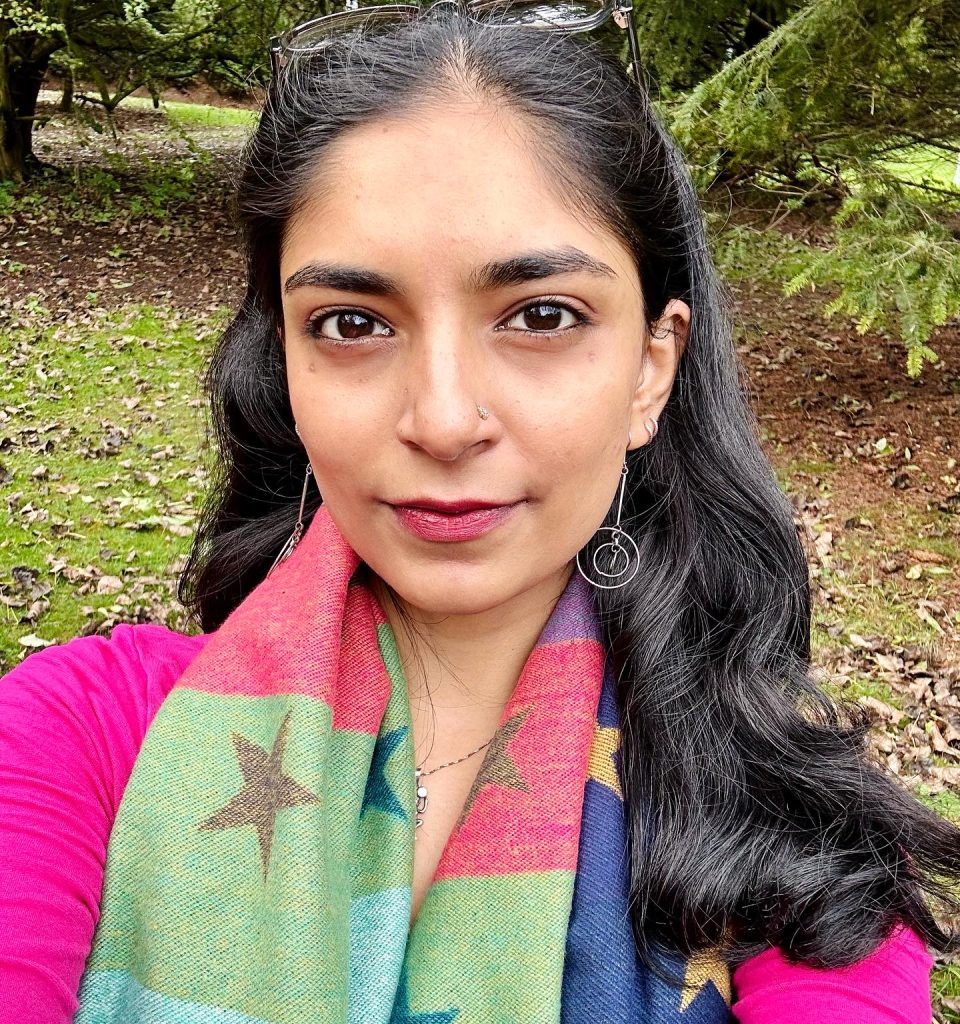
Minal Sukumar
Although she knew the ropes of applying to universities abroad, doing so for a PhD is a completely different process. It begins with having a solid idea for a proposal and creating an outline, followed by looking up universities. “I would spend hours per day looking up universities because it’s not just about course and module, the most important factor here is your supervisor. Do they align with what you’re doing? Can they guide you for four years?”
Once those are narrowed down, the actual process begins with an informal application. Minal wrote to around six potential supervisors and to the heads of departments in as many universities. This time around, she was looking to do a creative, critical writing PhD, where about 60 percent of the work is critical and research-based, while the remainder is creative writing – in her case, a novella.
Taking rejection in her stride
Minal had applied only to six universities across the UK and Ireland, and was told straight away by three that they don’t have the supervision capability to take her on, while one did not respond.
“This is very normal, don’t get disheartened,” Minal advises. “The person might just be busy, and not looking at all their emails. I was a bit disheartened at first but realised that it worked out for the best and wasn’t a reflection of my proposal.” Finally, it came down to University of Galway, her plan A and also the University of York. At the latter, she had two supervisors, both of whom seemed like a great fit. They had also responded immediately saying they were interested and that Minal could have not one but two supervisors. “That was really great. One was the Centre for Women’s Studies and one in the Department of English and I thought I would have the best of both worlds,” she says. What’s more, University of York has one of the best gender and women’s studies departments, and it was a wonderful opportunity.
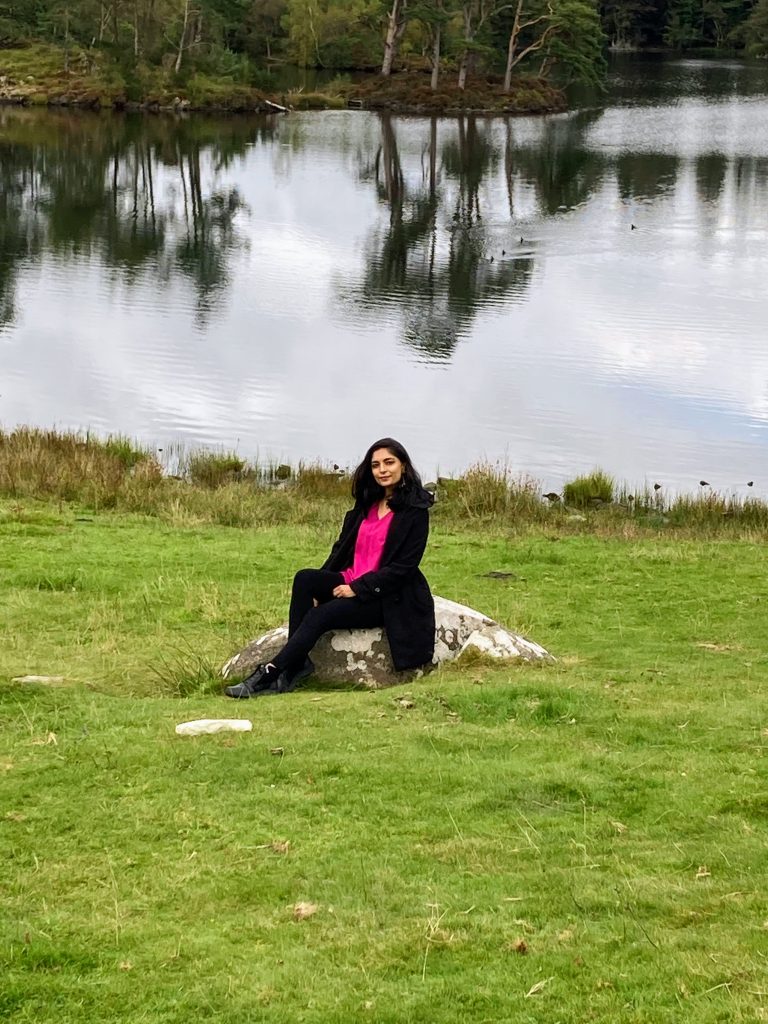
Funding the programme
With offers from the Universities of Galway and York, the final decision came down to funding. At Galway, there was the government-funded arts grant and the university grant. York had two options, one being the White Rose College of the Arts & Humanities, a Doctoral Training Parternship at the Universities of Leeds, Sheffield and York, funded by the Arts and Humanities Research Council. The other was the highly selective Wolfson Foundation grant, which her supervisors said she should apply to but without getting her hopes up. Minal gave it a shot just before the deadline and was thrilled to find out she made the cut.
“It is such an honour to be accepted by the Wolfson Foundation – they were offering me full funding with a very generous stipend,” she says. So, she went with the University of York, which gave her access to two departments as well as to a prestigious grant. “Wolfson also gives research funding every year,” Minal adds.
All in a day’s work
Being a PhD scholar is very different from the buzz of being a regular student. There are no classroom experiences, and few opportunities to network extensively or make new friends. Minal’s new life was composed of hours of research work, and networking is mainly with supervisors. “It can be a lonely and isolating process,” she admits, until one learns to find a balance. “There is a lot of reading and writing and it can be stressful. It consumed me and I took some time to realise that I couldn’t let it happen, that a good work life balance is necessary.”
Other PhD scholars, she observed, would come to the department library for research, then go to work at a part time job make time for friends and simply to unwind. Now Minal works for four hours in the morning, and goes to the university campus to do so.
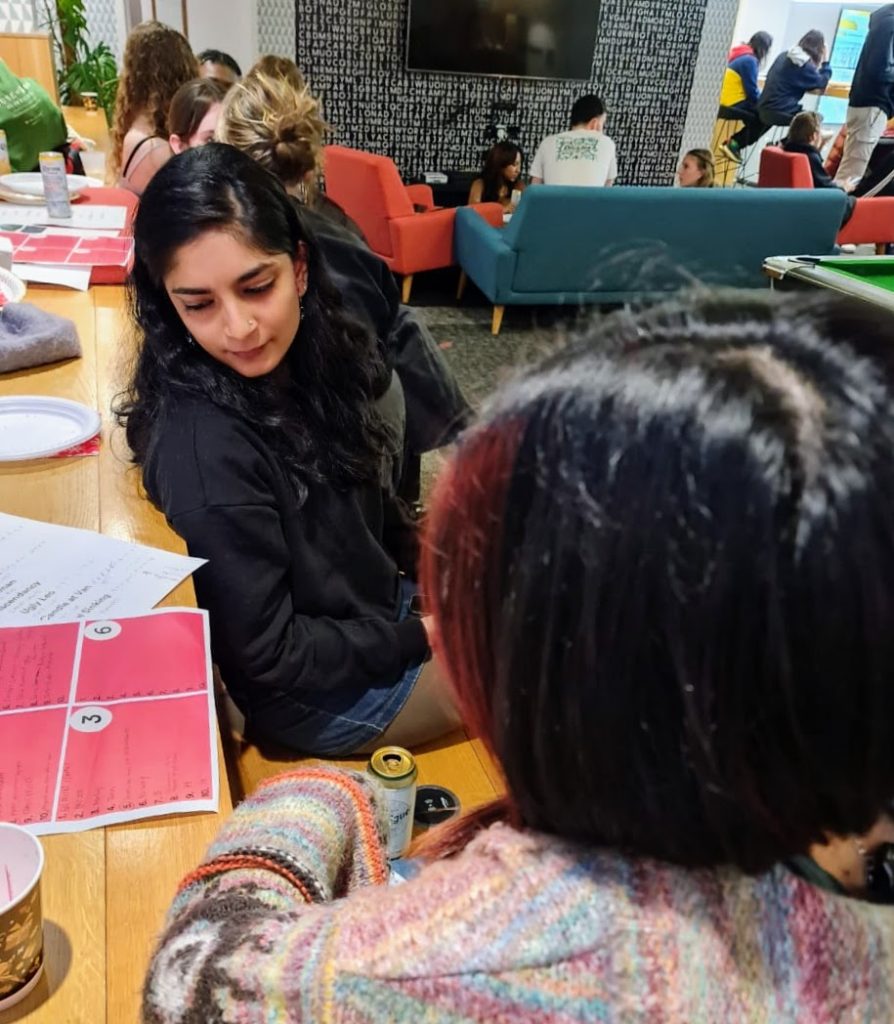
Finding friends
Auditing a class in the first semester had given Minal a chance to meet new people. “I also go to the department and interact with other researchers and masters students,” she says. Besides, the university has multiple societies – the feminist society, the writers’ society. “I go to the meetings when I can and even if I can’t, they have social events where they just go out for dinner,” she says.
As a PhD scholar, she lives in an off-campus student hall, which is private accommodation but only for university students. The student council also holds events for students to meet and socialise. “Putting yourself out there is tough,” she admits. “But once you get past that nervousness you can do it easily. I’m not really an extrovert and it was hard but it is wonderful to make new friends.”
Living the UK
After the tempestuous climate of Ireland, the UK, although cold, is slightly easier to bear, Minal says. However, she says, the economy is not great at the moment, and inflation is high. “Students struggle with this and I experience it too, so keep that in mind,” she recommends. The city of York itself is a wonderful city to live in, though. “It’s so full of history, it’s the only city in the UK that has its entire medieval Roman wall intact. You can walk the length of it if you wish.” It’s also the perfect place for writers and artists, with lots of culture outside the university.
“I also like London, Leeds and Manchester,” she says. “They are exciting cities and people are friendly.” However, it is natural to feel out of place as an international student, and there could be racist encounters, both inadvertent and obvious. “I have never had anything dangerous or scary happen to me, although there has been ignorance sometimes.” It helps to make both Indian and international friends, she says, with the latter, it’s helpful to discuss such issues. “It’s important to create a safe space for yourself.” The university campus itself is a very diverse place and allow students to connect with people from their own country and also from around the world.
Staying in touch with her roots
The University of York has Indian and Pakistani societies – “I got to Indian society events and eat samosas, which is so exciting for me. It’s nice to touch base with home,” Minal says. Every couple of weeks, she treats herself at a “really great Malayali restaurant nearby. The guy who runs it is very sweet and I get a little bit of familiar interaction there. Also, thei r prawn curry and kerala parotta taste like home. It’s a small thing that makes a huge difference,” she says.

She also has a close Indian friend and stays in touch with old classmates from Bengaluru who are now in the UK. “I talk to my parents nearly every day, and keep in touch with extended family too. I’m also a good cook, so if I”m homesick, I cook food and I feel better.” Care packages from home with treats like packets of Maggi help too, Minal smiles.
However, the winters can be depressing and homesickness can take over sometimes. “I’m a big advocate for mental health and there are lots of resources available to you in the UK,” she says. Even the university has a system that will put students in touch with a therapist. “It’s important to have people to talk to and they are there,” she says.
Future plans
Minal is fairly sure she wants to remain in academics, and that she would like to teach and work in a human rights space. However, she doesn’t know yet whether that will be in India or in the UK, and since she is still only in the first year of her PhD, she has time to decide.

